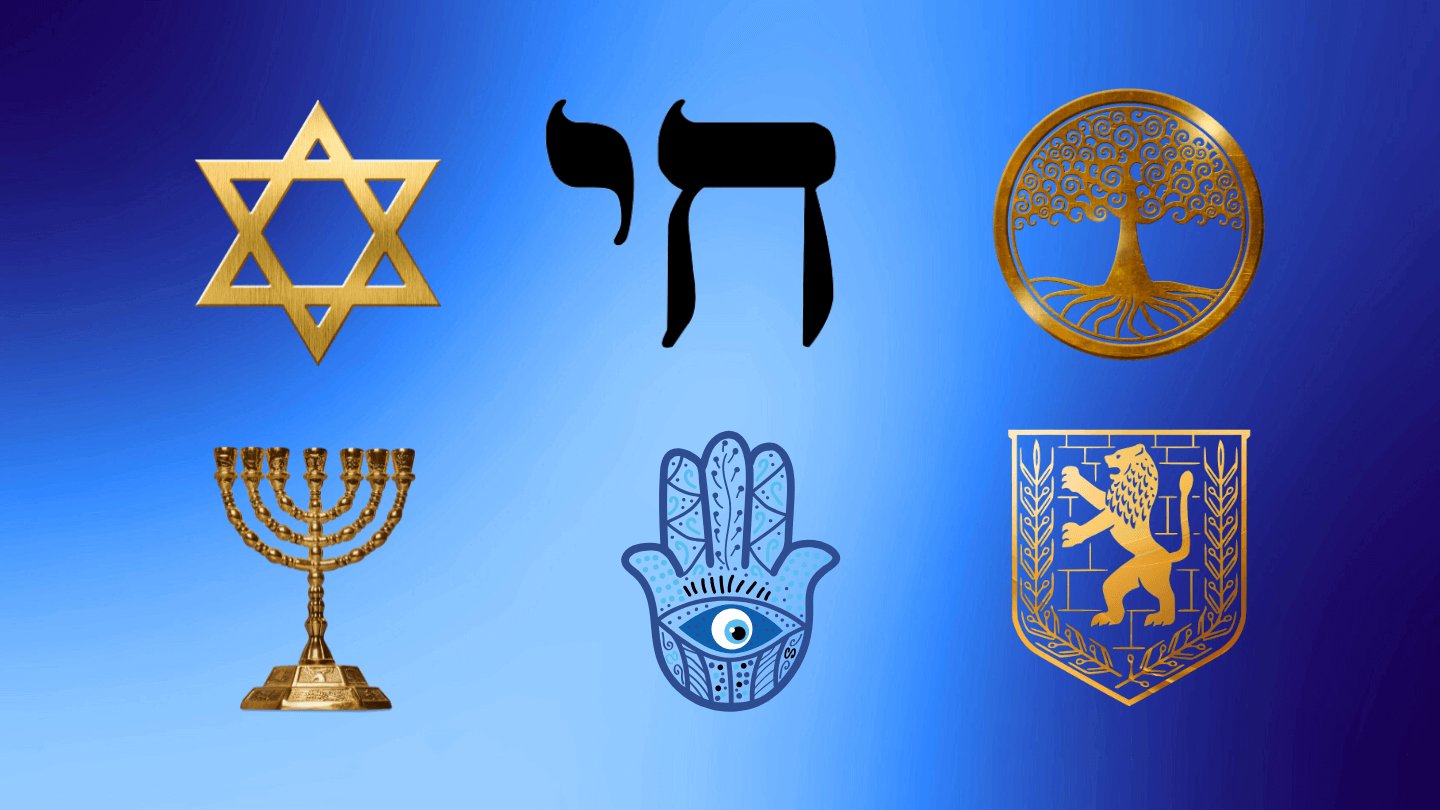Shalom: The Profound Meaning Behind the Hebrew Word for Peace
Key Takeaways
- Shalom is a Hebrew word meaning peace, but it also conveys wholeness, completeness, and harmony.
- It is deeply rooted in Jewish spiritual, cultural, and daily life, serving as both a greeting and a blessing.
- Shalom reflects a holistic vision of peace—not just the absence of conflict, but a state of spiritual and societal well-being.
What is Shalom?
In Hebrew, the word Shalom (שָׁלוֹם) transcends its simple translation as peace. It carries broader meanings, including completeness, welfare, harmony, and prosperity. In Jewish tradition, shalom is not merely a passive state of calm but an active pursuit of balance, justice, and spiritual fulfillment.
Shalom serves as both a greeting (hello and goodbye) and a blessing, encapsulating the desire for peace, wholeness, and divine favor in every interaction.
Historical and Linguistic Roots
The word shalom comes from the Hebrew root ש-ל-ם (Sh-L-M), which means to be complete or to be whole. This linguistic root reveals the essence of shalom—it’s not just about the absence of strife but the presence of a complete, harmonious state.
In the Bible
Shalom appears throughout the Tanakh (Hebrew Bible) as both a divine blessing and a human aspiration:
-
Numbers 6:24-26 (Priestly Blessing):
"The Lord bless you and keep you; The Lord make His face shine upon you and be gracious to you; The Lord turn His face toward you and give you shalom."
-
Psalm 122:6:
"Pray for the peace (shalom) of Jerusalem: 'May those who love you be secure.'"
In these contexts, shalom signifies not only tranquility but also divine favor, security, and spiritual harmony.
Symbolic Interpretations of Shalom
The concept of shalom carries deep spiritual and cultural significance:
1. Inner Peace
In Judaism, shalom begins within the individual. Achieving inner shalom involves cultivating spiritual balance, emotional well-being, and a connection with God.
2. Communal Peace
On a communal level, shalom emphasizes the importance of justice, mutual respect, and social harmony. A society that achieves shalom prioritizes compassion, fairness, and collective responsibility.
3. Divine Peace
Judaism teaches that true shalom comes from God. The pursuit of shalom is seen as aligning oneself with divine will and working to bring God’s peace into the world.
Shalom as a Greeting and Farewell
The word shalom is widely used in Jewish daily life:
- Hello and Goodbye: Whether arriving or leaving, saying shalom expresses a wish for peace upon the other person.
- Shalom Aleichem (Peace Be Upon You): A traditional Jewish greeting answered with Aleichem Shalom (Upon You Be Peace), reinforcing mutual goodwill.
This exchange reflects the Jewish value of treating every interaction as an opportunity to bless others with peace.
Shalom in Jewish Prayer and Ritual
Shalom holds a central place in Jewish prayer and ritual life:
- Amidah Prayer: The final blessing of the daily Amidah prayer concludes with a request for peace: "He who makes peace in His high places, may He make peace upon us and upon all Israel."
- Shabbat (Sabbath): Shabbat is often referred to as a Shabbat Shalom, symbolizing a day of rest, harmony, and divine presence.
Shalom as a Name
Shalom is also used as a personal name in Jewish communities, reflecting the aspiration for peace and completeness in one’s character and life.
Mystical and Spiritual Insights
In Kabbalistic teachings, shalom represents one of the highest spiritual states. It aligns with the attribute of Tiferet—a sefirah (spiritual attribute) on the Tree of Life representing balance, harmony, and beauty.
The mystical view suggests that shalom is not only a human goal but also a cosmic reality—a harmonious alignment between the physical and spiritual realms.
Shalom and Modern Jewish Identity
In modern Jewish and Israeli culture, shalom remains a cornerstone of identity and aspiration:
- National Anthem - Hatikvah: The hope for shalom is deeply embedded in Israel's national spirit and anthem.
- Peace Efforts: The word shalom is central to Israeli political and social discourse, symbolizing the nation’s hope for peaceful coexistence with its neighbors.
In global Jewish communities, shalom serves as a reminder of shared values, unity, and the ongoing pursuit of peace in a fractured world.
Cultural Impact and Global Recognition
The universal appeal of shalom extends beyond Jewish communities. It is recognized worldwide as a word representing peace with a depth of spiritual and cultural richness.
Many global movements for peace have adopted shalom as part of their lexicon, honoring its profound message of completeness and harmony.
Conclusion
The word Shalom carries a wealth of meaning that goes far beyond its simple translation as peace. It encapsulates the Jewish ideals of wholeness, spiritual harmony, and divine blessing. Whether spoken in prayer, exchanged as a greeting, or pursued as a societal goal, shalom remains at the heart of Jewish life and spirituality—a timeless aspiration for individuals, communities, and the world.













































































































